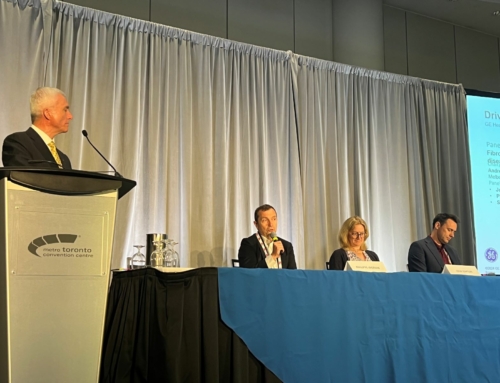CULVER CITY, CA., April 24th, 2012 – Sofie Biosciences, Inc., a molecular imaging company offering a comprehensive range of products from pre-clinical imaging systems to new PET diagnostic imaging probes, announced today that the National Institute of Health has awarded the company a grant under the Small Business Innovation Research (SBIR) program. This Phase I award, for approximately $150,000, will be administered by the National Institute of Mental Health (NIMH) to support the development of a microscale technology for the rapid and easy synthesis of PET probes for neurobiology applications. Presently, scientists and clinicians must accept the limitations of the centralized radiopharmacy model of PET probe production and distribution, where a limited number of probes are available from radiochemistry cores or, more often, commercial radiopharmacies that provide an even smaller menu from which to choose. The end result is that the average investigator is restricted to a handful of PET probes, namely [18F]FDG, [18F]NaF, and occasionally [18F]FLT, leaving the 1,600+ probes that have been synthesized just out of reach, thus drastically limiting the translational power of PET to a few disciplines and applications.
“We are extremely pleased to be recognized with this highly competitive award from NIH,” said Patrick W. Phelps, President and CEO. “It’s an important step to further accelerate the development of a proprietary, game changing PET probe synthesizer that provides researchers and clinicians with an affordable, compact, easy-to-use, disposable, chip-based radiosynthesizer for on-demand production of PET probes on the bench.”
These funds will be invested alongside SOFIE resources to help broaden access to novel PET probes to answer fundamental biological questions in disease, especially with respect to those relevant for brain imaging. “Winning this grant from NIMH both supports and accelerates our efforts to bring radiochemistry-on-chip to market, a critical step in SOFIE’s vision of creating a transformative technology that ultimately expands the use of PET imaging beyond the few probes that are commercially available,” commented Dr. Melissa Moore, Director of Technology Development, who will be the Principal Investigator working in close collaboration with co-PI Dr. R. Michael van Dam at UCLA.






